It begins with the Greeks, who are known for their liberal education. Then, it reviews practical education of the Romans, spiritual education of the Christians, humanism of the renaissance and the naturalistic tendencies of the eighteenth century, which antiquated in the twentieth century. Eclectic tendencies are the hallmark of the modern times. One common feature of the Indian thinkers is the emphasis on holistic education, with emphasis spiritual aspect of it. Leading ideas have been presented and evaluated for their relevance. The lucid style with summary enhances the worth of the book for students of education and the common readers.
Contents: Preface. I. Western philosophers: 1. Greek philosophers: liberal education. 2. Education: a life long process plato (428-347 B.C.). 3. Education for human excellence Aristotle (382-322 B.C.). 4. Eloquence and character: Roman education training for practical life: Quintilian (35-95 A.D.). 5. Christianity: education for here and the hereafter/Sr. Augustine and St. Thomas Aquinas. 6. Teaching: mediation between God and and Man/Saint Thomas Aquinas. (1225-1536). 7. Education for creativity and individuality/D. Erasmus (1467-1536). 8. Perfection of reason: the tutorial conception of education/John Locke (1632-1704). 9. Follow order of nature/J.J. Rousseau (1712-1778). 10. Psychology in education-anschauung: form, number and name as developmental processes/Johann Pestalozzi (1746-1827). 11. Methods of step by step instruction/J.F. Herbart (1776-1841). 12. The pedagogies of kindergarten: education of the total individual and society/Fredrich Froebel (1782-1952). 13. Education in freedom/Maria Montessori (1870-1952). 14. Eclectic Tendencies: instrmentalism and experimentalism/John Dewey (1859-1952). 15. Educands ad ends/Bertrand Russell (1872-1970). 16. Pedagogy of the oppresseao/Paulo Freire (1921-1997). 17. Deschooling society/Ivan Illich (1926-2002). II. Indian philosophies: 18. Spiritual absolutism/Samkara. 19. Vidya is endless/Guru Nanak (1469-1539). 20. Temporal and spiritual knowledge/Swami Dayananada (1824-1883). 21. Education in natural environment/Rabindra Natha Tagore (1861-1941). 22. Man-making education/Swami Vivekananda (1863-1902). 23. Education is indivisible/Mahatma Gandhi (1869-1948). 24. Integral education/Aurobindo Ghose (1872-1950). 25. Education for exaltation of ego/Mohammad Iqbal (1873-1938). 26. Education by example and precept/Bhagat Phool Singh (1888-1942). 27. Learning : varities of experience/Sarvepalli Radhakrishnan (1888-1975). 28. How to live education/Sri Paramahansa Yogananda (1893-1952). 29. Education for creating new values/Jiddu Krishnamurti (1895-1986). 30. Not education but educare/Satiya Sai Baba (1926-2011). 31. Views and visions on education: A bird’s eye view. Select bibliography.

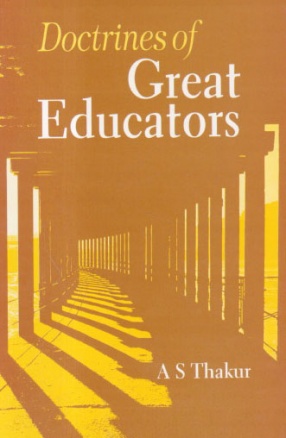
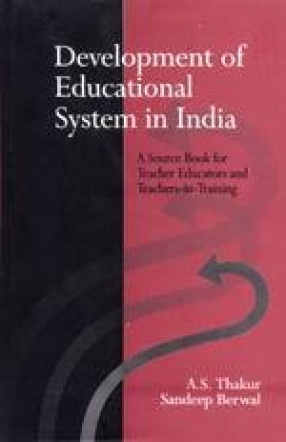
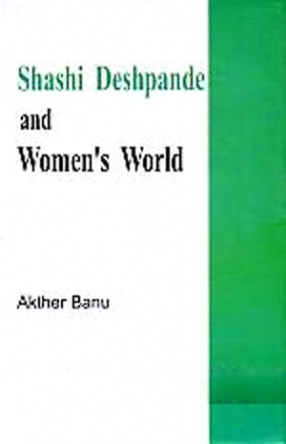
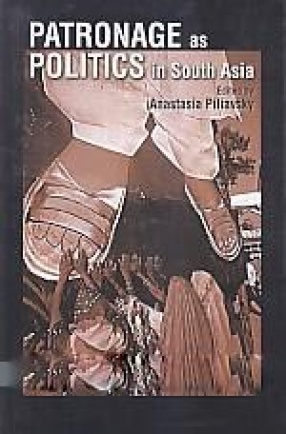
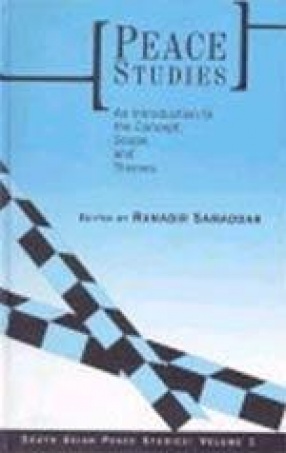
There are no reviews yet.